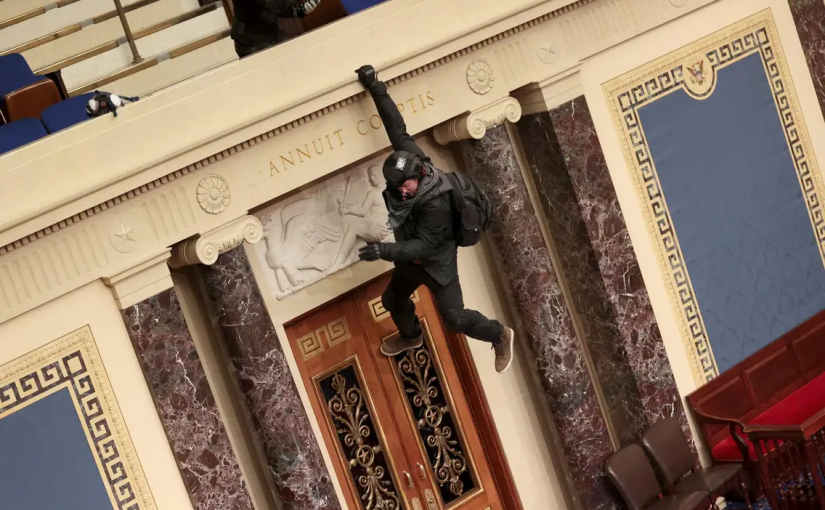Making the Case for Trump’s January 6th Speech as Incitement
By Beck Reiferson — On January 12th, Alan Dershowitz, Professor Emeritus at Harvard Law School and one of the nation’s most prominent attorneys, published an op-ed in the publication Newsweek in which he argued against the second impeachment of President Donald Trump on constitutional grounds. He reasoned that Trump’s false statements about the legitimacy of the 2020 election, though “deeply upsetting,” did not meet the standard the Supreme Court set for “incitement” in Brandenburg v. Ohio (1969). He wrote that instead of constituting incitement, Trump’s “volatile words fell plainly on the side of political ‘advocacy,’ which is protected speech.” Dershowitz then claimed that since Trump’s statements were constitutionally protected, they could not be sufficient grounds for impeachment, since First Amendment-protected speech does not constitute “Treason, Bribery, or other high Crimes and Misdemeanors”—the grounds for impeachment enumerated in Article II, Section IV of the Constitution. I will argue that, though Dershowitz is right about constitutionally permissible speech being insufficient grounds for impeachment, Trump’s statements on the morning of January 6th do meet the standard for incitement as laid out in Brandenburg.
